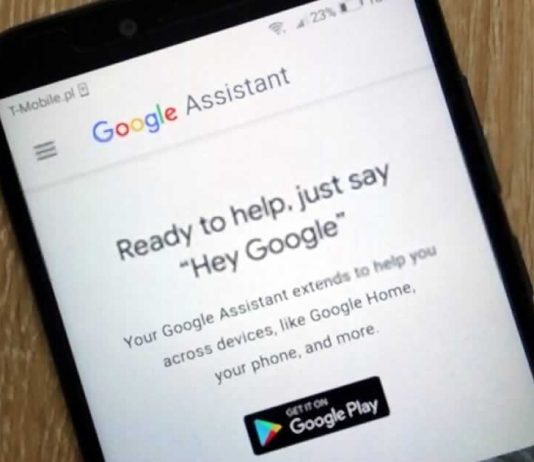We’re moving more and more towards a digitized world. Facial recognition software, cryptocurrency, the IoT, and AI have all become familiar concepts. And the use of voice assistants, such as Siri or Alexa, is the norm in millions of homes around the globe.
But despite their growing popularity, voice assistants are vulnerable to hackers, just like every other online technology.
Contents
How and Why Are VAs Hacked?
The idea of someone being privy to personal calls and information is bad enough, but the even greater threat is that hackers can gain access to your bank accounts and other important information.
Voice assistants activate by a vocal command—“Ok, Google” for Google Assistant is one example. Unfortunately, as with all online technologies, they are vulnerable to hacks. One way is by using ultrasonic waves to replicate the effect of vocal commands. The software can also emulate the device owner’s voice, offering easy access.
On top of this, the convenience of linking all your online profiles can backfire when a hacker slips through in one area and gains access to all your information.
But it’s not all doom and gloom; there are a few things you can do to increase the safety and security of your virtual assistants.
Staying Safe: A Few Tips
1. Stop Eavesdropping
Just as you shouldn’t save your password for online banking, you need to be careful with your voice assistant. Don’t make sensitive information vulnerable by allowing it to be recorded.
That includes passwords, online banking information, or credit card details, as well as details about your identity.
Go one step further by muting your voice assistant when you’re not busy using it. There is no way to tell for certain what your device is recording when you think it’s dormant.
2. Don’t Connect Indiscriminately
It’s very tempting to connect all your devices—it’s convenient, and it works, right?
Unfortunately, this ease of access for you can also mean ease of access for hackers. Be careful with using your voice assistant for your house alarm, for example, as well as details such as addresses and contact numbers.
3. Use Multi-Factor Authentication
Sometimes, even changing your passwords regularly isn’t enough to keep hackers out. Although having multi-factor authentication can be a pain, it keeps your information more secure.
4. Secure Your Wi-Fi Connection
Wi-Fi is one way that hackers can gain access to your online world, especially if you have multiple devices connecting to it. The more laptops, smartphones, tablets, and voice assistants are on one network, the greater the vulnerability.
To combat this, your network should have a secure password—preferably a WPA2-encrypted Wi-Fi network.
5. Don’t Allow Personal Results
Voice assistants can make your personal details vulnerable to hackers when you use them to manage tasks such as payments. Enabling this feature can allow sensitive information to pop up on any connected device.
6. Review Settings Regularly
You can be going about your business with the assumption that settings automatically default to the safest option.
This isn’t always the case.
Check your history and settings regularly to protect your privacy. What commands did your device save, and has it been tracking your locations? Are your passwords saved as well?
Use Discretion
Despite these risks, you can still use voice assistants safely if you’re conscious of the pitfalls. Besides, they definitely make life easier.
With a rise in general use and voice commerce, they’re set to be a big part of the future. If you’re security-conscious and use them wisely, they open a whole new world of digital convenience.


